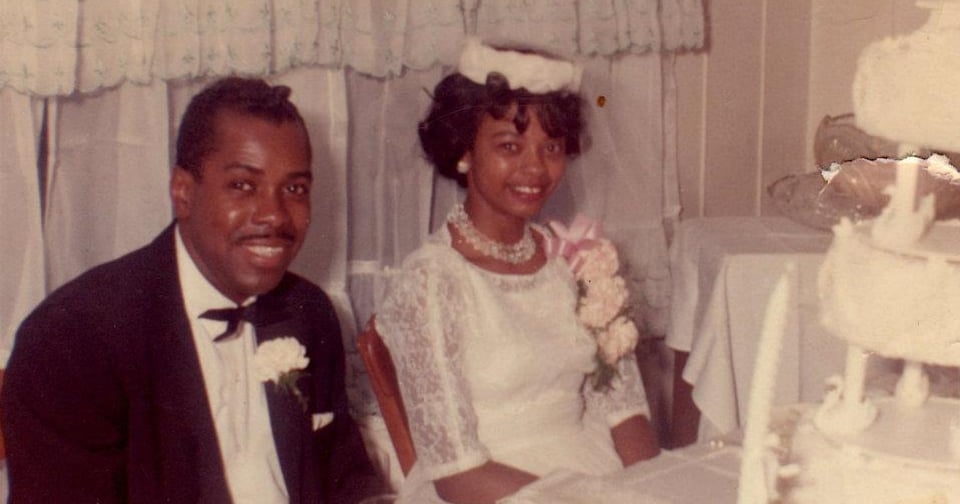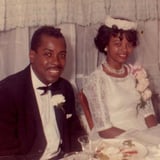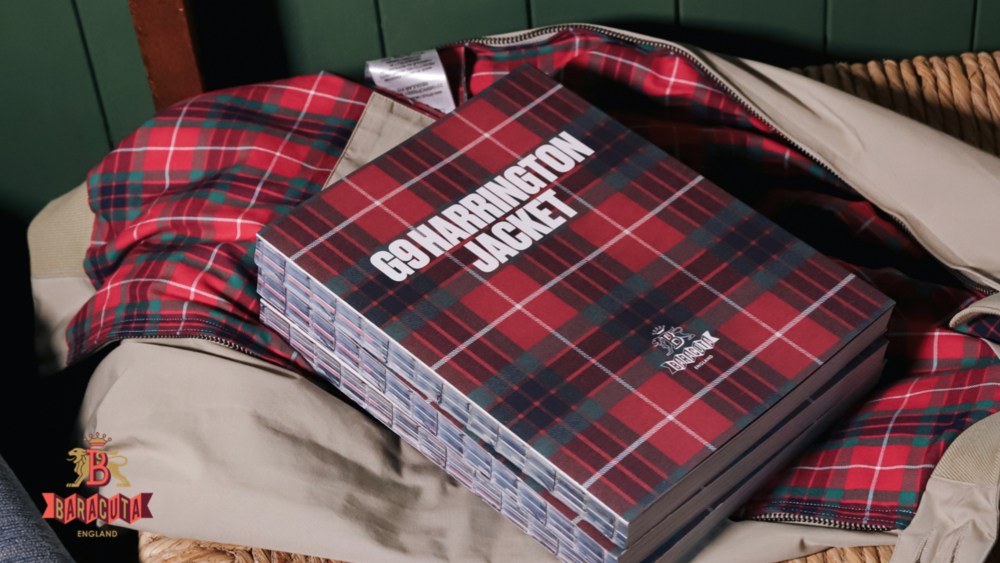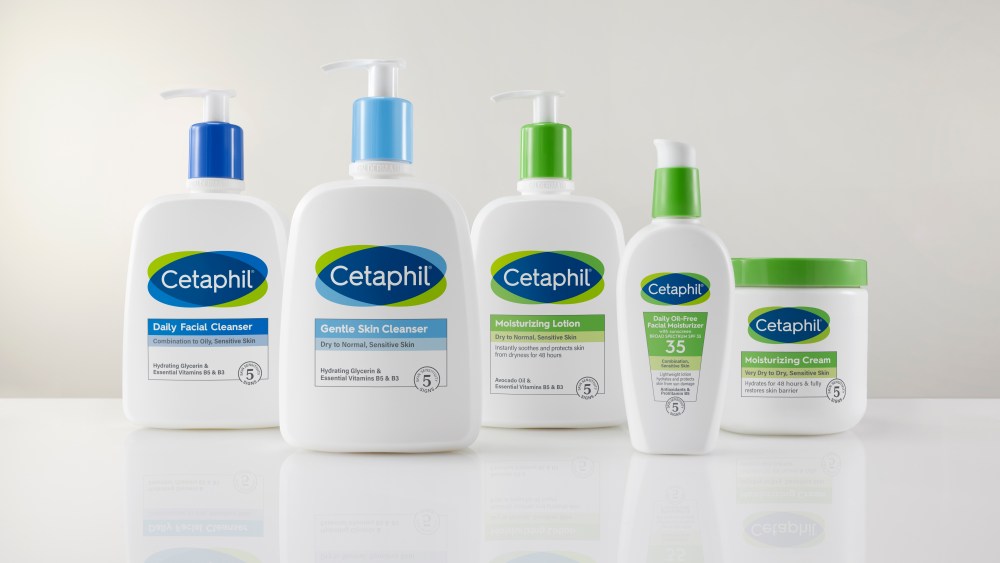I was 13 years old when I learned my grandmother’s lifelong love was not my grandfather.
As a kid, I spent summers with my grandma in New Rochelle, a suburb of New York City. I found peace in her quiet, quaint apartment. Our favorite pastime was going through her photo albums hidden in her closet, where every photo had an accompanying story.
One summer, I interviewed my grandma for a school project, expecting our usual conversations about her cultural connection to New Orleans, our Creole ancestors, and her experience with polio. I assumed she’d tell me about the matriarchs of our family and recount stories of growing up in a single room with her seven siblings, surrounded by cousins living on the same block.
What I didn’t expect to hear was the story of her first and everlasting love.
As she told me: “I had a boyfriend in the service. He was from New Orleans and we used to write letters. The boys I dated in New York didn’t know it, but I was engaged when I first moved to Tarrytown. Then, I met your grandpa and sent my fiancé a Dear John letter.” And that was it.
I didn’t ask much more until I discovered her high school yearbooks the following summer. Inside were notes from classmates about her relationship with “RP.”
I hope you and RP get back together
Can’t wait for you and RP’s wedding!
I asked if RP was the boy she wrote her Dear John letter to, not knowing that question would reopen memories my grandma hadn’t visited in a while.
She then began to tell me the greatest love story I will ever know – one that has deeply influenced my understanding of Black love and the kind of romance I deserve.
A family photo shows the writer’s grandmother and the writer as a young girl.
My grandmother, Elaine, met RP as children in New Orleans. What started as an innocent friendship blossomed into the epitome of young love. They became high school sweethearts, and she told me about the walks she would go on with her cousins before sneaking away to see him.
They’d spent every moment they could together, as both friends and young teenagers seemingly in love. But, when RP turned 18, he enrolled in the army and was stationed in Germany. Elaine was convinced she could marry him and they would go together to live abroad, happily ever after. But instead, her mother sent her and her sister to live with their aunt in Tarrytown in 1954.
As time passed, safety, comfort, and stability became another version of love for Elaine, as it did for many women in the 1950s.
For several years, Elaine and RP wrote letters back and forth, promising they would eventually be together. However, as time passed, safety, comfort, and stability became another version of love for Elaine, as it did for many women in the 1950s. Elaine was eventually pursued by one of the most successful Black businessmen in Tarrytown – my grandpa, Alfred. She was a nurse and caretaker of children, while Alfred was a barber, divorced, and had two little girls to care for. They made sense together. They announced their engagement in June 1962 and got married that following July. Elaine never received a response from RP after detailing the update of her upcoming nuptials.
Elaine and Alfred had two children together, my mother being their youngest. They purchased a home in New Rochelle and stayed together for many years, raising their children, and Alfred eventually opened and operated one of the few Black-owned barbershops in the city at the time. They lived a simple life, which in many ways was a blessing for Black families in the 1960s and ’70s.
While my grandma didn’t share many specific details about her marriage to my grandpa, I can tell from the family photos they lived a happy, comfortable life together. Every year, they would go to Mardi Gras, and the many photos they have from New Orleans tell a happy story. But despite the smiling photos, their marriage wasn’t perfect.
By 1990, all of their children were grown, and my uncle was gifted the house in New Rochelle, so Elaine and Alfred had to decide on their next chapter. My grandma yearned to return to New Orleans permanently, and eventually, my grandpa conceded.
She told me, “We packed our stuff and I headed down to New Orleans. Your grandpa said he would eventually meet me down there once everything was settled in New Rochelle. I got there and waited for a few weeks, but sadly he never came.”
She continued, “He called me to tell me he wasn’t going to come. After that moment, we decided to get a divorce.” Their divorce was finalized in 1998.
By the time I was born, my grandparents weren’t together, so I never knew the background of their story until that moment. And truthfully, while I admired and loved them both separately, I couldn’t imagine them together. I could see how their relationship might’ve been more like an endearing friendship; their love seemed comfortable.
As I sat in awe listening to my grandma’s love story back in 2011, I felt goosebumps. I didn’t know whether to cry or smile. We sat in brief silence, and I could tell there was more to the story. My grandmother didn’t seem sad or angry. She rolled her eyes while remembering that my grandpa left her in New Orleans by herself.
I hesitated before asking, “Did you and RP ever speak again?”
The fact that she was a Black woman in the center of this grand love story made me realize I deserved that, too.
With a sly smile across her face, she answered, “After RP’s wife died, he searched for my number in the phone book. A few years back, he ended up finding my sister since she still lived in the same apartment in Tarrytown. He tried her several times, and eventually, she gave him my number. . . . He found out your grandfather and I were no longer together, and we’ve been talking ever since.”
Apparently, their love was rekindled through phone calls and texts in 2009. He lived in San Antonio, TX. It made sense that that’s why she became a sudden San Antonio Spurs fan – RP had secretly sent her Spurs gear and other trinkets from San Antonio over the years.
While they both hoped for an in-person reunion, by that time, my grandma had suffered a stroke that debilitated her ability to travel long distances. Though we wanted to fulfill her dreams of returning to New Orleans, that was no longer possible.
I’ll never forget the day we moved my grandma into a nursing home and saw she had received an Edible Arrangement from RP. When she passed in 2018, the last contact we received from RP were flowers and a note at her funeral.
Having learned about their love story at 13 and seeing it continue until the very end, I learned that stories of love don’t always have to end with a fairytale marriage or even a reunion. Some love stories are rather a series of “just called to check in on you” after 60 years of just thinking about them.
Hearing this story as a young girl, my grandma unknowingly taught me the value of love and desire. I was always a romantic growing up, and I realized then that I inherited that from her. While her life was filled with love in so many other ways – through daily phone calls with her siblings and cousins, friendships, and of course her children and grandchildren – she allowed herself to feel what she felt at 16 again. She opened herself up to the possibility of romantic love again in her 70s. Even if it was just through phone calls, she remained open to the idea of her and RP reconnecting.
And the fact that she was a Black woman in the center of this grand love story made me realize I deserved that, too. I rarely saw myself in romance books or movies growing up. So many popular love stories depict Black women as either submissive – needing to forgive their partners after they did something unforgivable – or too independent to be with anyone. I admired that my grandmother was neither of these. She was independent and desired.
Ultimately, my grandmother’s story allowed the hopeless romantic in me to become hopeful. Whenever I receive a small gesture from my fiancé, like a text saying “I miss you” or a kiss on my forehead, I think of my grandma’s story and the ways we show love every day. My partner and I are intentional about giving and receiving love consistently. My grandma helped me see that true love is a lifelong commitment to care and empathy.
I will always treasure the memories of sitting on the floor next to her feet in awe of how beautiful, strong, and confident she was as a young Black girl growing up in the South in the 1940s and ’50s – surviving polio, having the darkest skin tone of her siblings who resembled their Creole mother, and being sent away as a teenager.
My grandma’s love story, with all its complexities, is ultimately about a Black woman living out an epic romance. I cherish it deeply as I continue to build my own.
Devin Spady is a freelance contributor and published author. Her areas of expertise include dating, love/relationships, and racial equity. Her inaugural book, “Swiping Right: How We Connect, Communicate, and Love,” published in 2018, details her experiences using dating apps. Devin’s work is rooted in community, creativity, and collective well-being.




